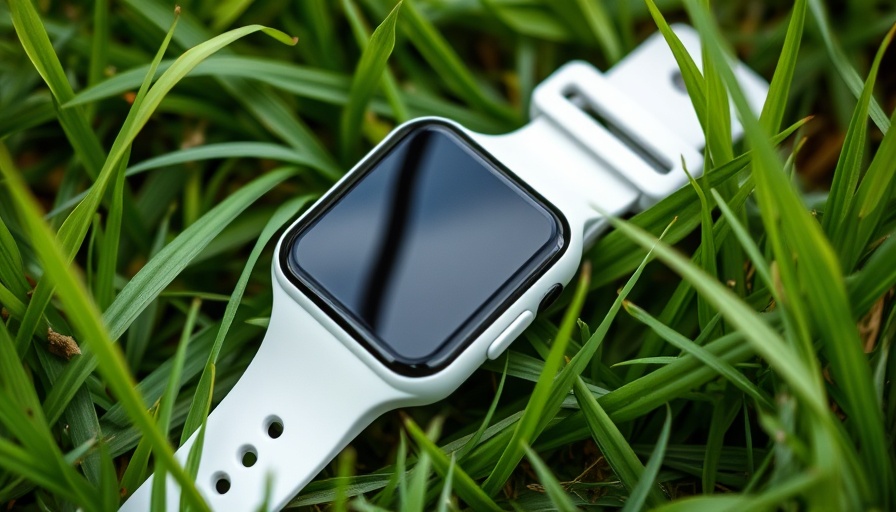
Finding Balance: Fitness Trackers in a Digital Age
In our fast-paced world, many individuals are turning to fitness trackers to better understand and enhance their health and wellbeing. While once our ancestors relied solely on instinct and personal assessment, today’s technology allows us to quantify our health in remarkable ways. But with this awesome power comes the responsibility to use it wisely.
How Accurate Are Fitness Trackers?
Accuracy varies widely among different brands of fitness trackers. Essential metrics such as heart rate and step tracking are generally trustworthy. However, other factors, like calorie expenditure, may come with a hefty margin of error. Understanding the limitations of these devices is crucial to using them effectively— recognizing that while they provide insights, they aren’t infallible. For those serious about their health, leveraging the most accurate trackers can bridge the gap between subjective feelings and objective data.
When is Tracking Beneficial?
Fitness trackers can provide valuable feedback when they serve as tools for awareness and motivation. By tracking daily steps or sleep quality, users can identify trends in their behaviors. For instance, someone might discover they sleep poorly after inconsistent exercise patterns, allowing them to make necessary adjustments. On the flip side, reliance on endless data can create stress, leading individuals to obsess over every calorie or step rather than enjoying the journey of wellbeing.
Training Your Body to Be in Tune
As data becomes a part of our health journeys, it’s important not to lose touch with our inner sense of wellbeing. Training oneself to assess physical cues—like fatigue or hunger—can further enhance one’s relationship with their body. Fitness trackers should be seen as a means to complement, not replace, the innate ability to intuitively recognize our physical needs.
Final Thoughts
Understanding how to use fitness trackers thoughtfully can enhance your health without disconnecting you from your own emotions and instincts. It’s all about balance—using data to inspire and motivate while maintaining a grounded connection to how you truly feel. Remember, it’s not just about the numbers, but about creating a healthier, happier you.
 Add Row
Add Row  Add
Add 




 Add Row
Add Row  Add
Add 


Write A Comment